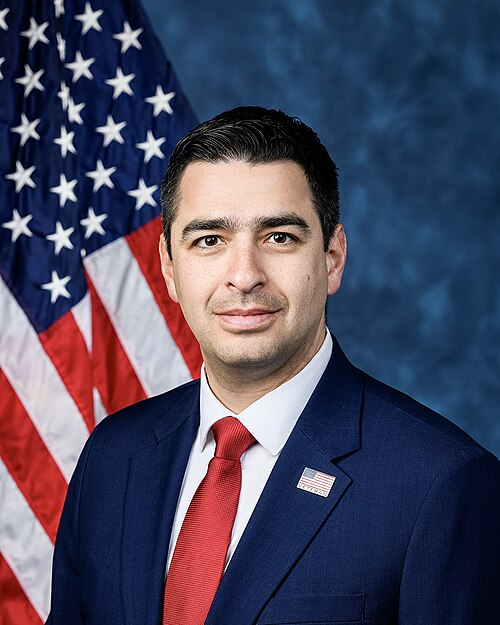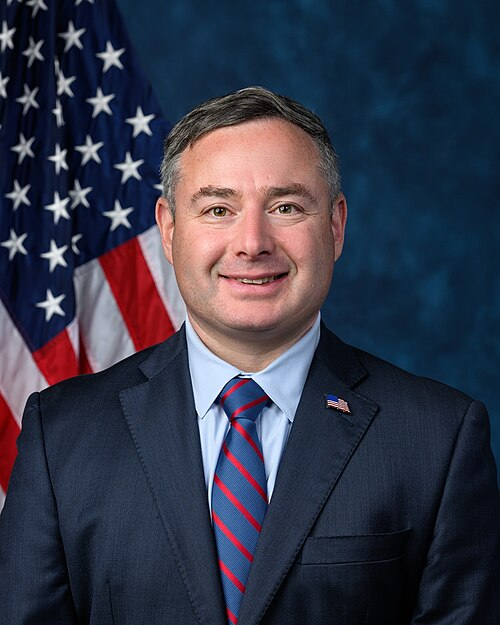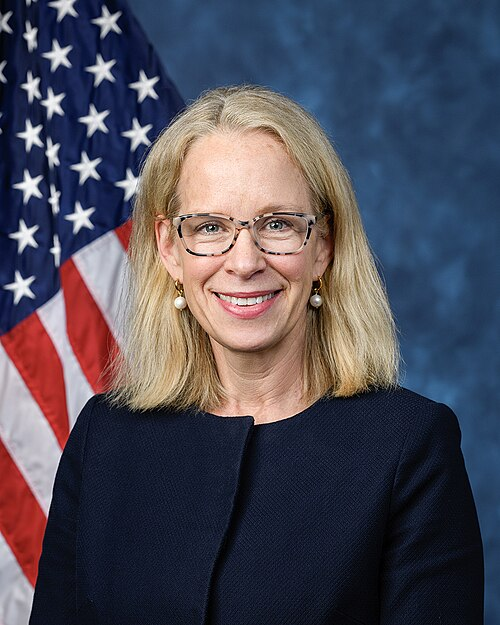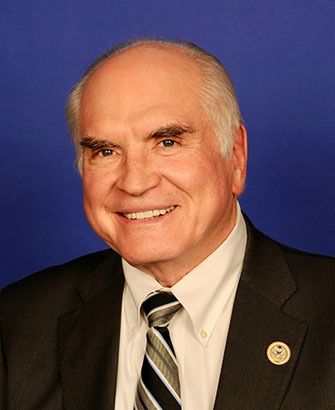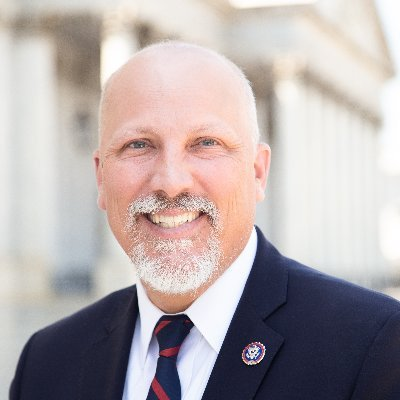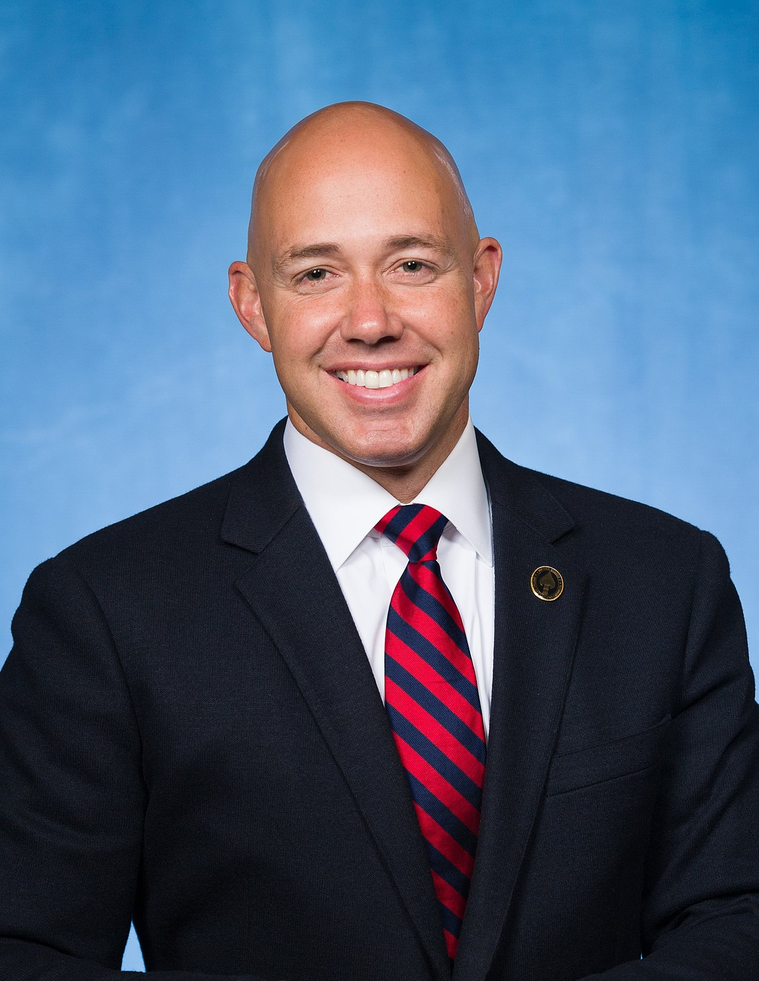H.R. 1681: Expediting Federal Broadband Deployment Reviews Act
The bill titled "Expediting Federal Broadband Deployment Reviews Act" aims to improve the process by which telecommunications facilities can be authorized to operate on federal lands. Here’s a breakdown of what the bill would do:
Establishment of an Interagency Strike Force
Within 180 days of the bill becoming law, the Assistant Secretary of Commerce for Communications and Information is required to set up an interagency strike force. Its purpose is to ensure that various federal land management agencies give priority to reviewing requests for authorizations related to communications facilities, which can include things like cell towers or other telecommunications equipment.
Composition of the Strike Force
The strike force will consist of:
- The Assistant Secretary of Commerce for Communications and Information
- The heads of each federal land management agency
- A representative from the Department of Agriculture (excluding the Chief of the Forest Service)
- A representative from the Department of the Interior (excluding the Director of the Bureau of Land Management)
Duties of the Strike Force
The strike force will have several responsibilities, including:
- Conducting regular meetings to ensure that agencies prioritize communication use authorization requests
- Establishing clear and reasonable goals for reviewing these requests
- Monitoring the agencies to ensure they meet these goals and facilitating accountability
Reporting Requirements
Within 270 days of the bill's enactment, the Assistant Secretary is tasked with submitting a report to relevant congressional committees regarding the effectiveness of the strike force in prioritizing the review of communications use authorizations.
Definitions
The bill includes specific definitions for terms used throughout the document, including:
- Communications facility: Refers to installations that enable telecommunications.
- Communications use: This refers to the permission granted to use land for telecommunications purposes.
- Communications use authorization: Various forms of permission (like easements or leases) issued by federal agencies for placing telecommunications facilities on federal lands.
- Covered land: This includes public lands and National Forest System land.
- Federal land management agency: This encompasses agencies like the Bureau of Land Management and the Forest Service.
The bill's overall goal is to streamline the process for telecommunications providers to obtain permission to build or modify infrastructure necessary for broadband services on federal lands, thereby potentially speeding up the deployment of broadband services in areas that are currently underserved.
Relevant Companies
- T (AT&T Inc.) - As a major telecommunications provider, AT&T may benefit from expedited processes for deploying broadband infrastructure on federal lands.
- VZ (Verizon Communications Inc.) - Similarly, Verizon could see advantages in faster approvals for expanding their network capabilities in underserved areas.
- CQXX (Consolidated Communications Holdings, Inc.) - This company may find it easier to negotiate access to federal lands, facilitating broadband improvements in rural locales.
This is an AI-generated summary of the bill text. There may be mistakes.
Sponsors
3 bill sponsors
Actions
8 actions
| Date | Action |
|---|---|
| Nov. 18, 2025 | Forwarded by Subcommittee to Full Committee by Voice Vote. |
| Nov. 18, 2025 | Subcommittee Consideration and Mark-up Session Held |
| Apr. 09, 2025 | Committee Consideration and Mark-up Session Held |
| Apr. 09, 2025 | Ordered to be Reported by Unanimous Consent. |
| Mar. 28, 2025 | Referred to the Subcommittee on Commodity Markets, Digital Assets, and Rural Development. |
| Feb. 27, 2025 | Introduced in House |
| Feb. 27, 2025 | Referred to the Committee on Energy and Commerce, and in addition to the Committees on Natural Resources, and Agriculture, for a period to be subsequently determined by the Speaker, in each case for consideration of such provisions as fall within the jurisdiction of the committee concerned. |
| Feb. 27, 2025 | Referred to the Subcommittee on Communications and Technology. |
Corporate Lobbying
0 companies lobbying
None found.
* Note that there can be significant delays in lobbying disclosures, and our data may be incomplete.


